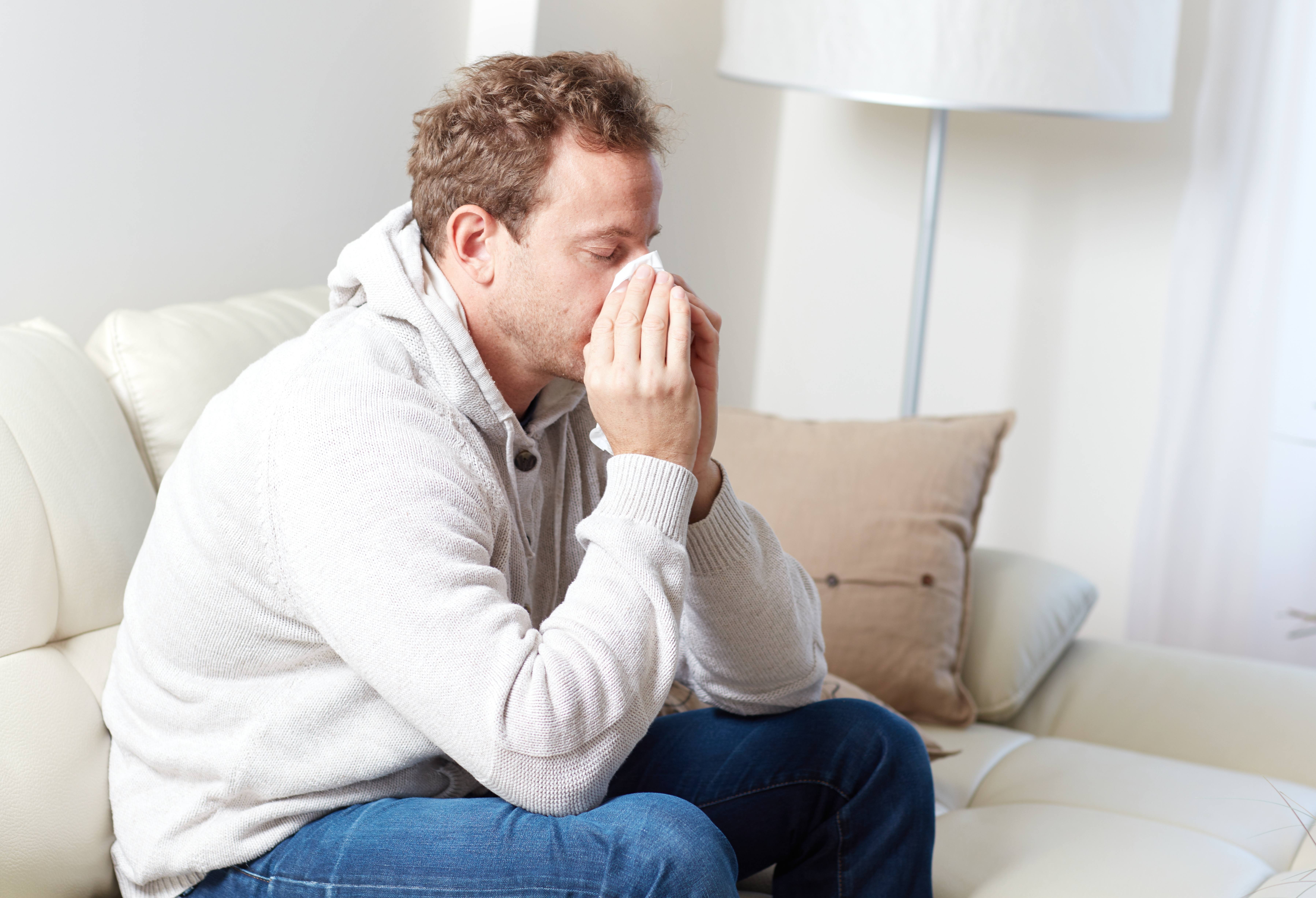
Although early, it is already shaping up to be a severe season for influenza. Health officials say your best defense is to get vaccinated. It's never too late to get vaccinated.
"It looks like it’s going to be a particularly severe year for influenza. That may be because the predominant strain circulating this year is H3N2, and that’s one of the more virulent strains that we see. It causes more hospitalizations and more deaths than other causes of seasonal influenza," says Dr. Thomas Boyce, a pediatric infectious diseases specialist at Mayo Clinic.
Watch: Dr. Thomas Boyce discusses influenza vaccine.
Journalists: Broadcast-quality sound bites are in the downloads.
"Each year, thousands of people in the U.S. die from influenza, some of whom were completely healthy before getting influenza," says Dr. Boyce. "It's not too late to get your influenza vaccine." The Centers for Disease Control and Prevention says influenza-associated deaths in the U.S. ranged from a low of 12,000 (during 2011-2012) to a high of 56,000 (during 2012-2013).
Dr. Boyce says the vaccine not only protects you, but also those around you. “The vaccine is good at what we call herd immunity. In other words, if a lot of people get vaccinated, there’s less flu around, and there’s less flu to spread to other people. The people who get vaccinated are going to have a shorter duration of illness and, therefore, they’re going to be contagious for a shorter period of time.”
Getting the vaccine doesn't guarantee you won't get influenza but it does mean your symptoms will likely be less severe. Dr. Boyce says concern over the efficacy rate of the vaccine shouldn't stop anyone from receiving the vaccine.
“It may only be 10 to 30 percent effective in preventing an influenza illness, but it’s much more effective than that in preventing hospitalization and death, which are really the most important outcomes of influenza that we want to prevent," says Dr. Boyce.
Influenza is a respiratory virus that is spread person to person. Prevent the spread of the virus by washing your hands properly, containing your coughs and sneezes, and staying home from school or work if you are sick.







